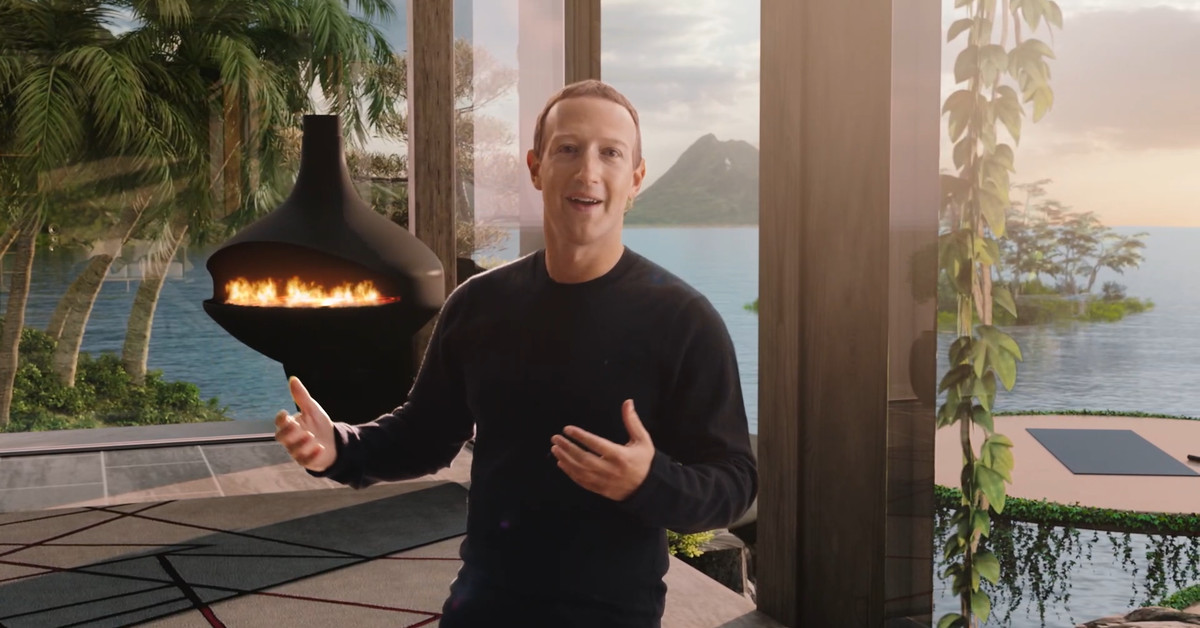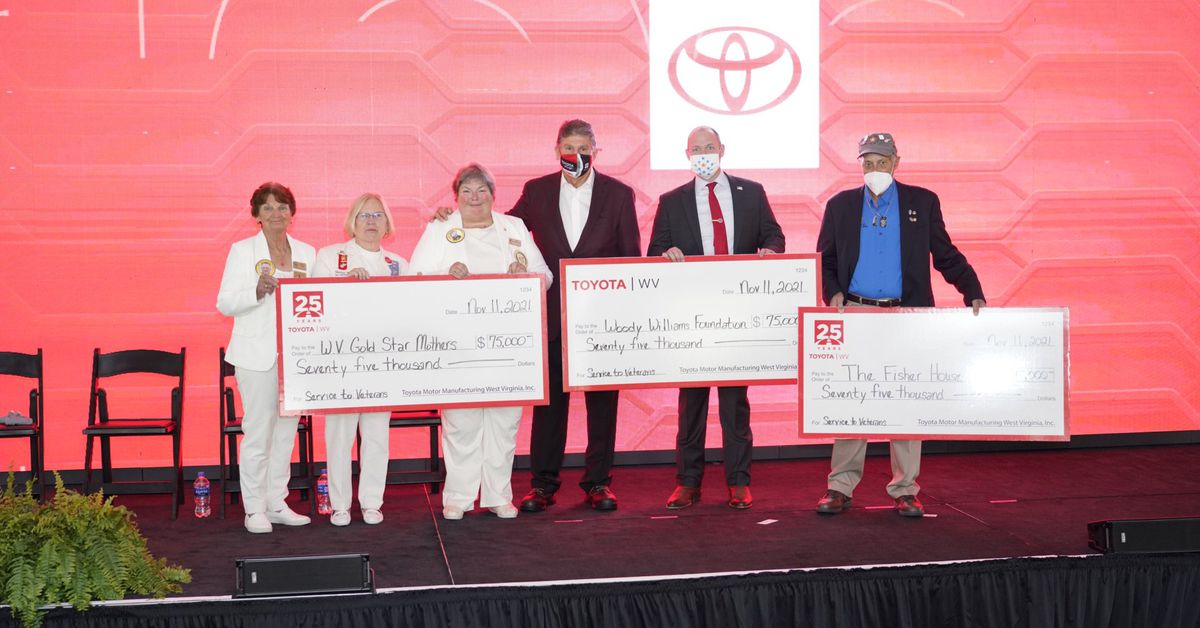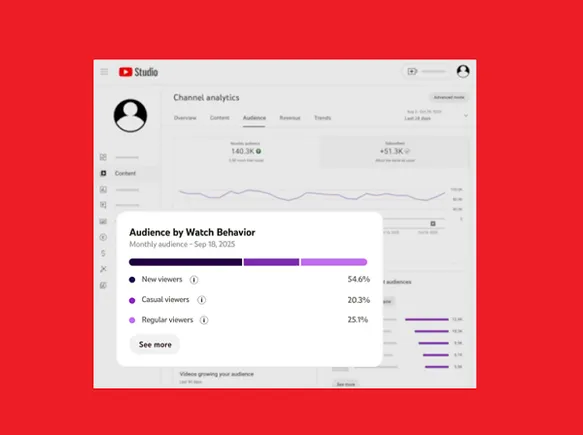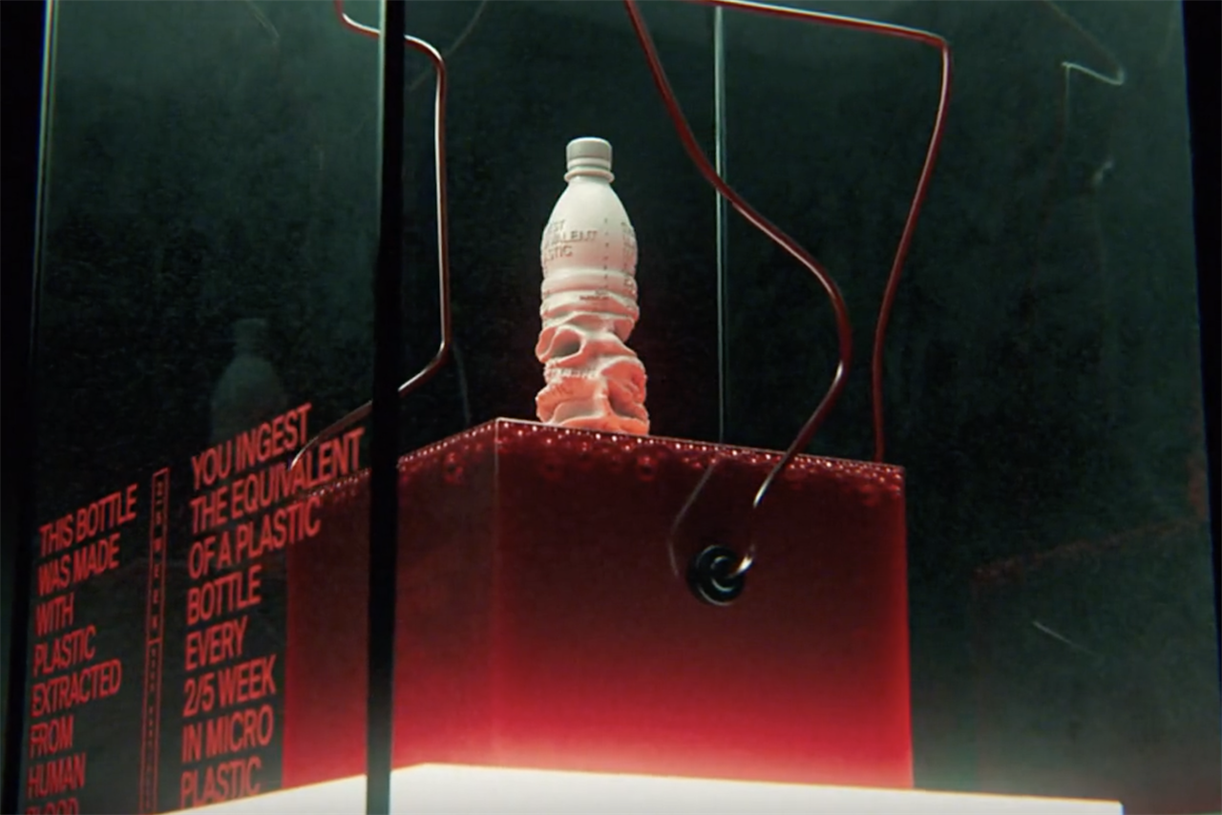Sony’s Afeela needs to be more than a feeling
A look into the latest Sony Afeela prototype car, from the driver’s side. | Photo by Sean Hollister / The VergeIt’s been four years since we called Sony’s concept car the best surprise of CES. And I get it:...
/cdn.vox-cdn.com/uploads/chorus_asset/file/25218094/sony_afeela_verge_ces_2024_017.jpg)
It’s been four years since we called Sony’s concept car the best surprise of CES. And I get it: one does not build a car company overnight. But here at CES 2024, it feels like Sony Honda Mobility is still building a concept car — dare I say, a Vision — rather than a vehicle focused on the road. Maybe that’s part of the charm?
The Afeela has gotten more car-like in some ways since last year’s full announcement: big side mirrors, wireless phone chargers, and some more actual car specs. The all-wheel drive prototype has two 180kW motors (roughly 483 horsepower), a 91kWh lithium-ion battery pack, and up to 150kW fast DC charging.
But when we climbed inside the Afeela’s cabin for the first time at CES, as you’ll see in our embedded gallery and video, Sony Honda wasn’t focused on the car part. Rather, Sony Honda wanted us to know that its car is a thumping movie theater and entertainment cockpit, despite its narrow (but impressively wide) strip of screen, and that the front bumper can help make you a rolling advertisement for Sony movies and Sony video games (not kidding) by pressing a button in its dedicated smartphone app.
We did get to briefly touch the steering wheel and open the doors, but everything else was hands-off — we were there to experience the mere feeling of being in an Afeela, and that’s all. (I would describe that feeling as “cushy neon.”)
While the company maintains the car will be available for preorder in 2025 and begin deliveries in 2026, it’s still not done adding to its more concept-y features, inking new partnerships with Microsoft to use Azure to create an AI “conversational personal agent” and with Gran Turismo developer Polyphony Digital to “develop vehicles that fuse the virtual and the real.”
The driver’s seat rumbled impressively while watching a Gran Turismo movie trailer; less impressively, we discovered that its ability to play PlayStation games on that strip of screen is currently just a PlayStation Remote Play connection to your PS5 at home — a PlayStation Portal on wheels.
At least, for now. Whether an actual PlayStation might appear in the car is one of the many things that’s still undecided, Sony Honda Mobility president and COO Izumi Kawanishi tells The Verge. The car’s speed and range aren’t decided yet or even the basic driving functions, though the car will be made in a Honda factory and benefit from Honda’s expertise. When I ask what keeps him up at night, Kawanishi says it’s the AI because key features like Level 3 self-driving and the personal assistant aren’t there because the AI itself isn’t finalized.
From the beginning, it felt like Sony badly wanted this car to feel different than its peers, and maybe it does, but not yet in the way that Sony Honda wants. Kawanishi, a longtime Sony exec who worked on the PS3, PSP, Sony Mobile phones, and the fourth-generation Aibo, says his goal is to “contribute to the evolution of the future of mobility.” When I ask him how Afeela will do that, he says he believes the future of mobility is autonomous driving and the personal assistant — that this car needs to be intelligent. Right now, it’s not.
I certainly wouldn’t mind driving a concept-y, high-tech car rather than one whose edges have all been sanded off to cater to the masses, and I suspect that’s one of the reasons Tesla has been so successful with its software-updatable vehicles — including controversial features that go too far. But Sony Honda hasn’t yet given us enough concrete reasons to want an Afeela.
The next time we slide into the cockpit, here’s hoping it won’t be a hands-off experience with a Sony Honda rep at the controls — but us driving a car that’s clever enough for both gearheads and nerds to love.

 JimMin
JimMin 
































